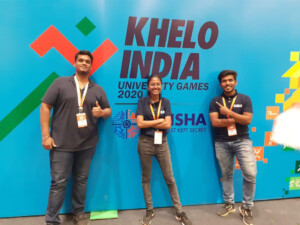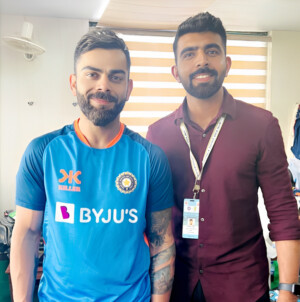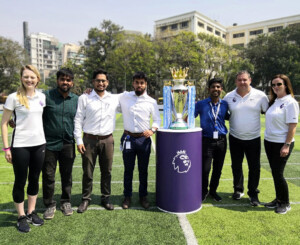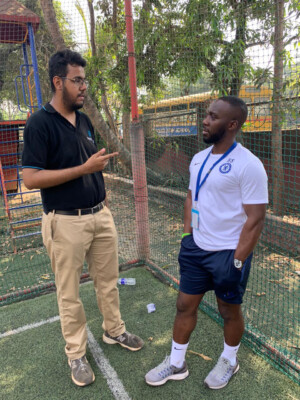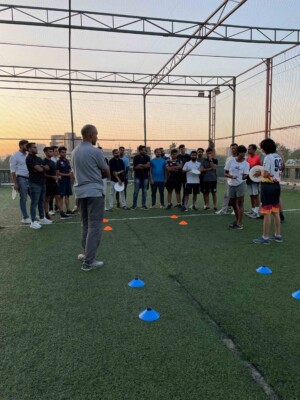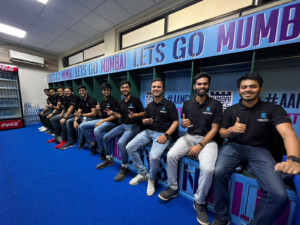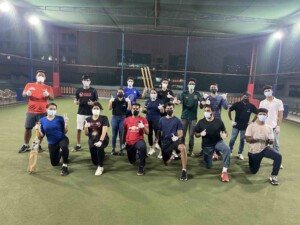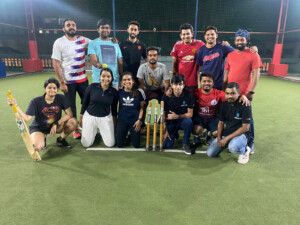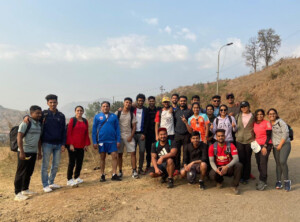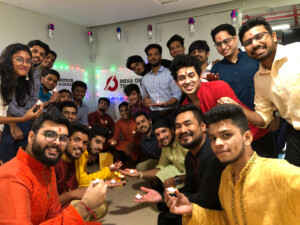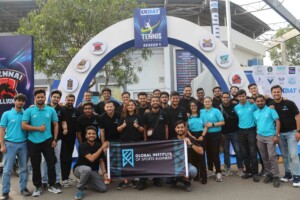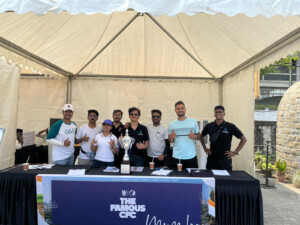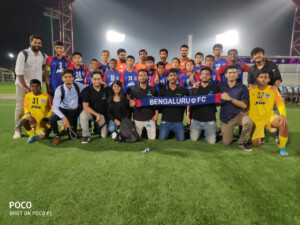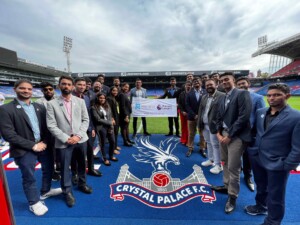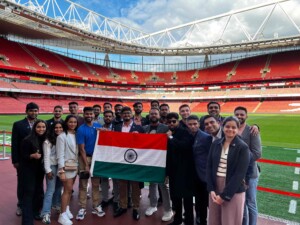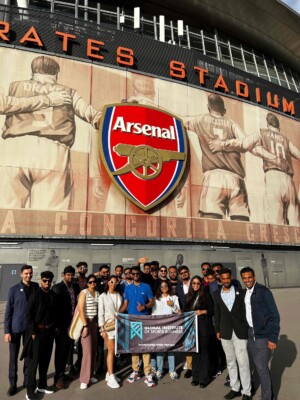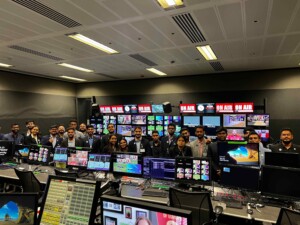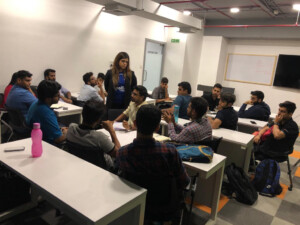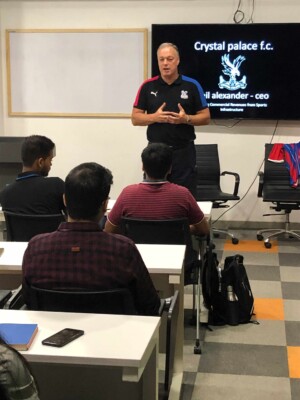When it comes to Sport Management in India, effective leadership is not just a desirable trait; it’s an essential ingredient for success. Whether you’re leading a team of athletes, coaches, or administrators, strong leadership skills can make the difference between mediocrity and excellence. In this blog, we’ll explore the importance of cultivating leadership skills in Sport Management in India and discuss some strategies for developing them.
Why Leadership Matters in Sport Management in India
Leadership is the backbone of any successful sports organization. A strong leader sets the tone for the entire team, inspiring confidence, fostering teamwork, and driving results. In the fast-paced and highly competitive world of sports, effective leadership can mean the difference between winning and losing, both on and off the field.
In Sport Management in India, leadership is not just about giving orders or making decisions; it’s about empowering others to reach their full potential. A good leader knows how to motivate their team, communicate effectively, and make tough decisions under pressure. They lead by example, demonstrating integrity, resilience, and a relentless pursuit of excellence.
Strategies for Cultivating Leadership Skills
Lead by Example:
As a sports manager, you are a role model for your team. Your actions speak louder than words, so lead by example and demonstrate the qualities you want to instil in others – whether it’s dedication, discipline, or a positive attitude.
Communicate Effectively:
Clear communication is essential in Sport Management in India. Whether you’re delivering feedback, setting goals, or resolving conflicts, effective communication helps build trust and cohesion within the team. Practice active listening, be open to feedback, and tailor your communication style to fit the needs of your team members.
Develop Emotional Intelligence:
Emotional intelligence is the ability to recognize and manage your own emotions and those of others. In Sport Management in India, this skill is crucial for building strong relationships, resolving conflicts, and motivating team members. Practice empathy, self-awareness, and emotional regulation to become a more effective leader.
Encourage Collaboration:
Sports is a team effort, and successful Sport Management in India relies on collaboration and teamwork. Encourage collaboration by fostering a culture of inclusivity, cooperation, and mutual respect. Celebrate individual achievements, but also emphasize the importance of working together towards a common goal.
Continuously Learn and Adapt:
The world of Sport Management in India is constantly evolving, so it’s essential to stay curious, open-minded, and adaptable. Continuously seek out opportunities for learning and growth, whether through formal education, mentorship, or hands-on experience. Be willing to experiment, take risks, and learn from both successes and failures.
What is the role of leadership in Sport Management in India?
Cultivating leadership skills in sports management in India is not just about achieving success on the field; it’s about empowering individuals to become the best versions of themselves, both as athletes and as human beings. By leading with integrity, empathy, and a relentless commitment to excellence, sports managers can inspire greatness in others and leave a lasting legacy that extends far beyond the scoreboard. So, whether you’re a seasoned professional or just starting in your career, remember that leadership is not a destination but a journey – and the path to success begins with a single step.
Embarking on a career in Indian Sport Management in India demands a strategic choice of education, and the Global Institute of Sports Business (GISB) emerges as a top contender.
GISB’s programme is uniquely tailored to the industry’s needs, blending theoretical knowledge with practical insights gleaned from real-world scenarios. Boasting a faculty comprising seasoned professionals and experts, GISB ensures students receive mentorship from the best minds in the field. Moreover, GISB’s extensive network within the sports industry facilitates invaluable networking opportunities, paving the way for internships and collaborations with leading organizations.



























